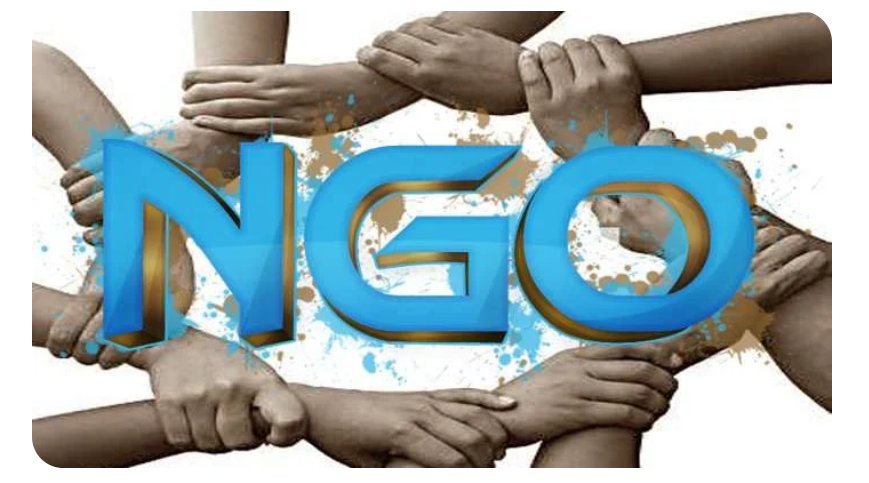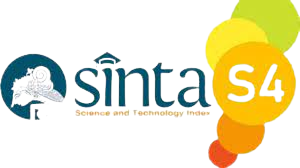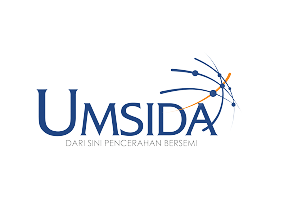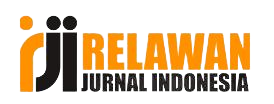The Discourse on the Role of NGOs in Indonesia’s Public Policy Process
DOI:
https://doi.org/10.21070/jkmp.v13i1.1822Keywords:
NGOs, Policy Process, Discourse, Indonesian Politics, Indonesian Public PolicyAbstract
This study aims to analyze the discourse surrounding the role of Non-Governmental Organizations (NGOs) in the public policy process in Indonesia. After the collapse of the New Order regime, the role of NGOs has become increasingly prominent in various stages of the policy process, from advocacy, formulation, implementation, to policy monitoring. However, the dominant discourse in Indonesia tends to reduce the political role of NGOs to only two main domains: community development and empowerment and humanitarian assistance. Using a post-structuralist approach and reflective document analysis, this study identifies distinctive characteristics in the discourse on the role of NGOs in Indonesia. Although the role of NGOs in the public policy process is very significant, their political dimensions are often not widely recognized, both by the general public and public policy academics in Indonesia. This condition actually opens up opportunities for NGOs to maneuver more flexibly in institutional and social spaces, influencing policy decisions while maintaining an image of neutrality in the wider political real.
References
Antlöv, H., Ibrahim, R. & Tuijl, P. v. (2006). NGO Governance andAccountability in Indonesia: Challenges in a Newly Democratizing Country. in Jordan, L. & Tuijl, P. V. (Eds.) NGO Accountability: Politics, Principles, and Innovations. London, Earthscan.
Bahar, A. Adam. (2023). Politik Medis: Bangkitnya Perluasan Medis di Indonesia. Prenada Media.
Bahar, A. Adam, A. Mardiyanta, K. Marijan. (2024). Kebijakan Publik dan Kekuasaan di Indonesia. Jakarta. Bumi Aksara.
Betts, R. et al. (1987). A Strategic Assessment of NGO Developmentin Indonesia: The AID Co Financing Project. Paper prepared for the U.S. Agency for International Development, Jakarta.
Budiman, A. (1995). Teori pembangunan dunia ketiga. Jakarta: Gramedia.
Eldridge, Philip (1990). NGOs and the State in Indonesia. in Budiman, Arief (ed.), State andCivil Society in Indonesia, Monash Papers on Southeast Asia No. 22, Clayton: Monash University.
Eldridge, Philip. (1995). NGO and Democratic Participation in Indonesia. New York: Oxford University Press.
Eldridge, Philip. (1996). Development, Democracy and Non‐Government Organizations in Indonesia. Asian Journal of Political Science. 4:1, 17-35. DOI: 10.1080/02185379608434070
Eldridge, Philip. (2005). Nongovernmental Organizations and Democratic Transition inIndonesia.in Weller, R. P. (Ed.) Civil Life, Globalization, and PoliticalChange in Asia: Organizing between Family and State. London; NewYork, Routledge.
Fakih, Mansor. (1995). The Role Of Non-Governmental Organizations In Social Transformation: Participatory Inquiry In Indonesia. Dissertation, University Of Massachussets.
Fakih, Mansor. (1996). Masyarakat Sipil untuk Transformasi Sosial: Pergolakan Ideologi LSM Indonesia. Yogyakarta: Pustaka Pelajar.
Ford, Michael. (2004) Organizing the Unorganizable: Unions, NGOs, and Indonesian
Migrant Labour. International Migration.42, 5, 99-119.
Ford, Michael, (2009).Workers and Intellectuals: NGOs, Trade Unions and the Indonesian Labour. NUS Press.
Hadiz., V. R. (1997). Workers and the State in New Order Indonesia. London: Routledge.
Heryanto, Ariel. (1988). The Development of Development. Indonesia.46: 1-24.
INFID. (2023). Diskusi Publik: Urgensi Alokasi Apbn Untuk Pendanaan LSM. https://infid.org/diskusi-publik-urgensi-alokasi-apbn-untuk-pendanaan-lsm/
Kompas. (1993). Hubungan antara Pemerintah dan LSM. 10 Oktober 1991.
Konsillsm. (2014). UU Ormas Bebani Organisasi Masyarakat Sipil. https://konsillsm.or.id/uu-ormas-bebani-organisasi-masyarakat-sipil/
Landim, Leilah (1987). Non-Governmental Organisations in Latin America’, World Development, Vol. 15:29-38.
Nugraha, S. A. (2025). The Role Of Non-Governmental Organisations In Poverty Resolution In Bandung City With A Sustainable Development Goals Approach: NGO Case Study Bantu Teman Id (Doctoral dissertation, Universitas Pendidikan Indonesia).
Nyman, M. (2006). Democratising Indonesia: the Challenges of Civil Society in
the Era of Reformasi. Copenhagen. Nordic Institute of Asian Studies (NIAS).
Priyono, A.E., (2003). Human Rights Advocacy Movement in the Trassitional Era: The KontraS Strategy. In Stanley A. Prasetyo, A.E. Priyono, Olle Tornkuist (Eds.) Indonesia’s Post Soeharto Democracy Movement. Jakarta: Demos.
Rostow. W.W., (1966). The Stages of Economic Growth: A Non-Communist Manifesto. Cambridge: Cambridge University Press.
Sinaga, K. (1993). Neither Merchant Nor Prince: A Study of Ngos in Indonesia. Sociological Bulletin. 42(1-2), 137–156. doi:10.1177/0038022919930107
Soetrisno, Loekman. (1995). Pengantar.dalam buku John Klark. NGO dan pembangunan Demokrasi.Yogyakarta; Tiara Wacana. United Nation.(2024). Civil Society. https://www.un.org/en/civil-society/page/about-us
















